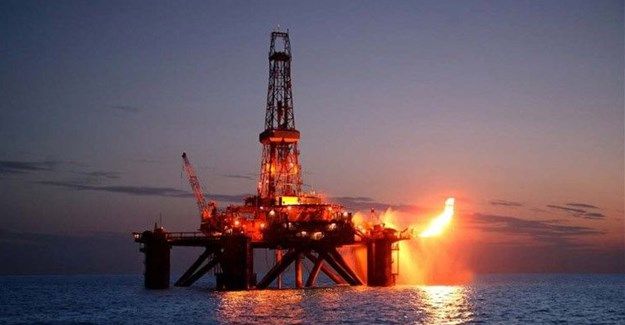
Top stories






More news


















Logistics & Transport
Uganda plans new rail link to Tanzania for mineral export boost










There can be little doubt that the discovery of rich reserves is a potential game changer for Mozambique’s economy and the development agenda of the country. It is potentially an opportunity for the rapid advancement of a country that currently ranks close to the bottom of the United Nation’s Human Development Index. World Bank data annually ranks Mozambique as among the poorest countries in the world.
With the discovery of major offshore gas fields, many observers have been prompted to suggest that Mozambique has hit the jackpot – and recently, it has been claimed that by the mid-2020s, Mozambique could become one of the top 10 LNG producers globally. Together, the gas projects are estimated to be worth $60bn, and this could obviously revolutionise Mozambique’s economy of $15bn.
However, despite the billions in investments by major multinational energy companies since 2012, the people of Cabo Delgado are yet to see the material benefits from these projects. One of the biggest risks for international investors in the LNG industry is the many unknowns associated with the threat posed by the militant Islamic movement, Ansar al-Sunna, which has especially been active in the Cabo Delgado province since 2017.
Whereas the group, locally known as Al-Shabaab, initially advocated the purification of Islam in Mozambique by preaching a moving away from the practices of the mystical traditions of Muslim Sufis – who are the majority of Muslims in Mozambique – and projecting Sufis as degenerate, the movement eventually made it clear that its goal was to impose Sharia law (Islamic law) in Cabo Delgado.
Since independence in 1994, the central government of Maputo has lacked a monopoly over the means of violence in its territory and its long coastline. In this context, Renamo regularly clashed with the central government in a 16-year civil war that claimed more than a million lives. Fast forward to the future – Ansar al-Sunna with its Isis links now poses the main security threat to the Mozambican government and its armed forces.
The escalation of violence and armed conflict since early 2020 has raised some pressing questions over the future of LNG investments, and even put the future of the industry at high risk. Obviously, the foreign companies with their substantial investments feel threatened, especially at the current stage where final investment decisions have to be taken.
In recent months, the situation in Cabo Delgado has gone from bad to worse. In November 2020, dozens of people were reportedly beheaded by Islamic militants in northern Mozambique. Now bloodshed have spread to the town of Palma; taking it to another level. This is not good news for the LNG industry in Mozambique, as the town is supposed to become the manufacturing hub where hundreds of skilled workers will be located.
Amid the development of an increasingly alarming human rights situation towards the end of last year, including the killing of civilians by insurgents, the United Nations high commissioner for human rights, Michelle Bachelet, has appealed for urgent measures to protect civilians in what she described as a “desperate” situation and one of “grave human rights abuses”. She also stated that more than 350,000 people have been displaced since 2018.
In conclusion, there is little doubt that Islamist insurgents have managed to increase the scale of their activities in Cabo Delgado, and that the lack of governance and a proper security response by both the Mozambican government and Southern African leaders make this a case of high political risk, which can potentially jeopardise the successful unlocking of the country’s resource wealth.